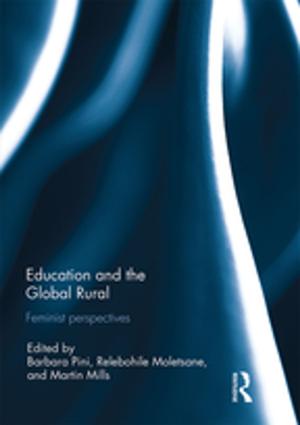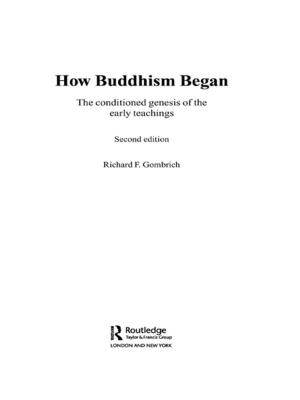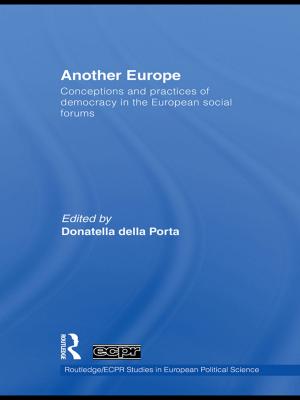An East Asian Model for Latin American Success
The New Path
Nonfiction, Social & Cultural Studies, Political Science, International, International Relations| Author: | Anil Hira | ISBN: | 9781351959025 |
| Publisher: | Taylor and Francis | Publication: | December 14, 2016 |
| Imprint: | Routledge | Language: | English |
| Author: | Anil Hira |
| ISBN: | 9781351959025 |
| Publisher: | Taylor and Francis |
| Publication: | December 14, 2016 |
| Imprint: | Routledge |
| Language: | English |
Latin America is at a uniquely important juncture in its history and the history of development more generally. Neoliberal market-orientated policies are being called into question, growth has been volatile and equity has stayed the same or worsened. In Latin America there is no clear direction for change. This book presents an alternative development path for Latin America based on an East Asian model. East Asia remains the only developing region so far with high stable and equitable economic development. Based on in depth analysis and the presentation of new and unique material, this study provides a new perspective on the lessons of China's rapid development and examines relations between states and companies that have led to greater success by East Asian companies entering new international markets. More importantly, it highlights how Latin American politics can and must be transformed.
Latin America is at a uniquely important juncture in its history and the history of development more generally. Neoliberal market-orientated policies are being called into question, growth has been volatile and equity has stayed the same or worsened. In Latin America there is no clear direction for change. This book presents an alternative development path for Latin America based on an East Asian model. East Asia remains the only developing region so far with high stable and equitable economic development. Based on in depth analysis and the presentation of new and unique material, this study provides a new perspective on the lessons of China's rapid development and examines relations between states and companies that have led to greater success by East Asian companies entering new international markets. More importantly, it highlights how Latin American politics can and must be transformed.















